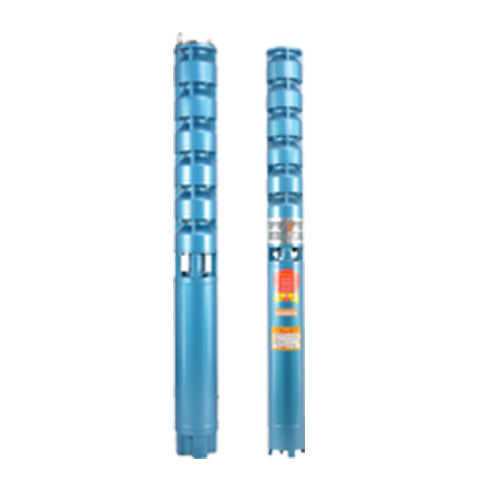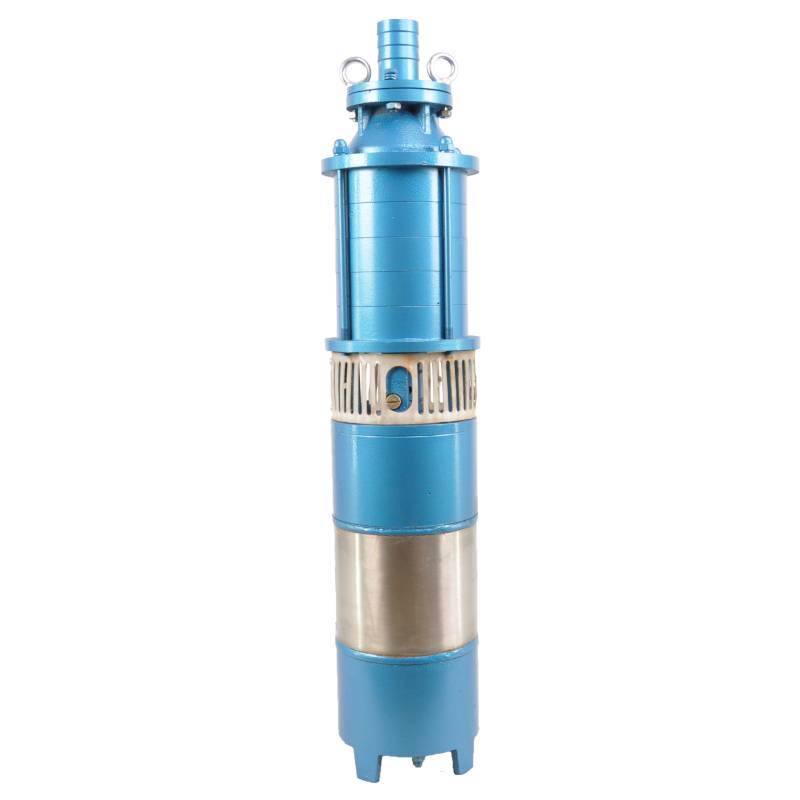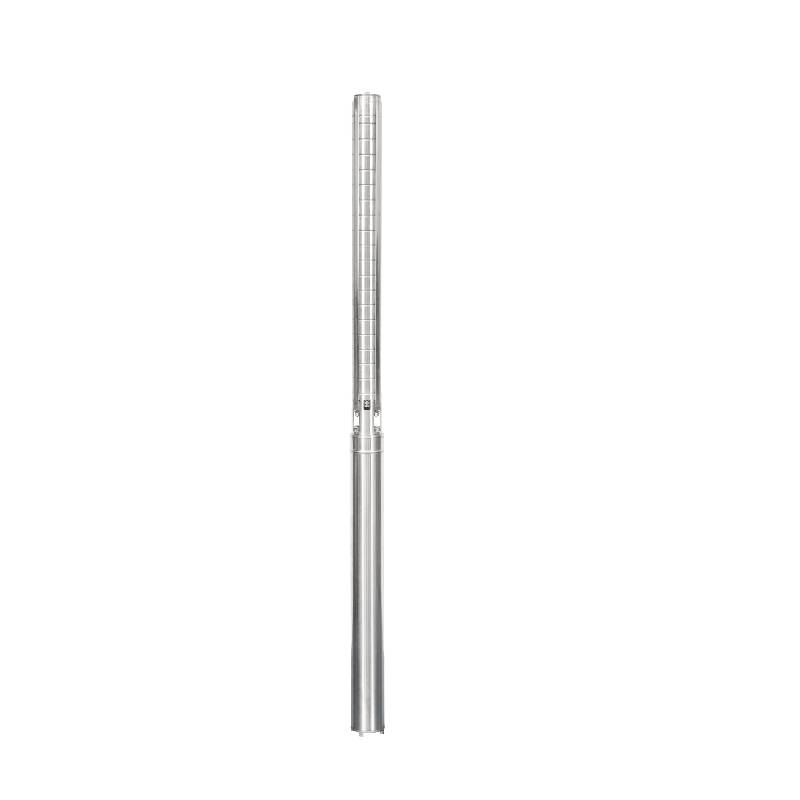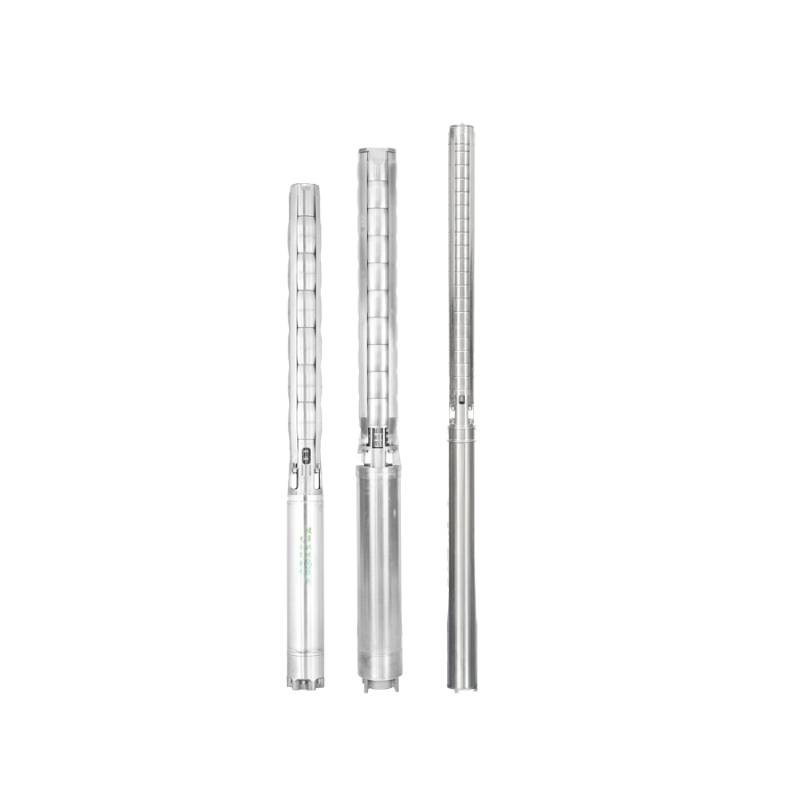ធ្នូ . 31, 2024 10:04 Back to list
High-Efficiency Motors for Deep Well Pump Applications and Performance Optimization
Deep Well Pump Motor An Essential Component for Water Extraction
In today's world, access to clean and reliable water is fundamental for agriculture, industry, and everyday life. Deep well pump motors play a pivotal role in ensuring that groundwater is efficiently and effectively extracted from deep underground sources. These motors are integral components of deep well pumping systems, powering the pumps that draw water from depths that are often beyond the reach of traditional pumps.
Understanding Deep Well Pumps
Deep well pumps are designed to withdraw water from significant depths, typically ranging from 25 feet to several hundred feet below the Earth's surface. They are part of a well system that includes something known as the pump column, which is a series of pipes that extend down into the well to transport water to the surface. The motor, often situated above ground, is responsible for driving the pump mechanism, which propels water upward.
Types of Deep Well Pump Motors
When selecting a deep well pump motor, several factors come into play. Motors can be categorized based on their design, including
1. Submersible Motors These motors are designed to operate underwater and are sealed to prevent water ingress. They are usually placed deep within the well alongside the pump itself. Submersible motors provide higher efficiency and are capable of reaching greater depths compared to other types.
2. Vertical Hollow Shaft Motors Commonly used for driving turbine pumps, these motors are mounted above ground with a vertical shaft extending down into the well. Their design ensures that they can efficiently transmit power to the pump by minimizing energy losses.
3. Induction Motors Most deep well pumps employ induction motors due to their robust design, reliability, and low maintenance requirements. These motors work using electromagnetic induction and can be coupled with variable frequency drives (VFDs) to enhance efficiency.
Key Considerations for Selection
deep well pump motor

When choosing a deep well pump motor, various factors must be considered
- Power Requirement The horsepower needed for the motor largely depends on the depth of the well and the volume of water required. Higher horsepower is necessary for deeper wells or greater volumes.
- Voltage & Phase It's essential to ensure that the motor's voltage rating matches the power supply available. Motors are generally available in single-phase and three-phase configurations.
- Efficiency More efficient motors can reduce operational costs over time, as they consume less electricity for the same output.
- Material and Durability Given the harsh conditions that motors may face, including water exposure and potential corrosive elements, it's crucial to choose materials that will withstand these conditions.
Applications
Deep well pump motors are widely used in various applications such as agricultural irrigation, municipal water supply, and industrial processes. They play a significant role in providing irrigation to crops in arid regions, ensuring that water reaches plants where it is needed most. In urban settings, these motors help supply water to households and businesses, facilitating daily activities like cooking, cleaning, and sanitation.
Conclusion
The deep well pump motor is an indispensable element in the quest for reliable water resources. As the demand for water continues to rise due to population growth and climate change, advancements in motor technology will play a crucial role in enhancing the efficiency and sustainability of deep well water extraction. In the face of deepening wells and changing environmental conditions, investing in high-quality deep well pump motors will ensure that communities can access this vital resource effectively and reliably.
-
submersible-sump-pump-auto-drainage-for-crawlspaces
NewsAug.22,2025
-
solar-powered-stainless-steel-submersible-well-pump-setup
NewsAug.22,2025
-
stainless-steel-well-pump-flow-rate-optimization
NewsAug.22,2025
-
water-filled-submersible-pump-fish-farm-oxygenation
NewsAug.22,2025
-
submersible-pump-in-aquaculture-and-fish-farming
NewsAug.22,2025
-
deep-well-submersible-pump-for-drought-areas
NewsAug.22,2025
-
 submersible-sump-pump-auto-drainage-for-crawlspacesCrawlspaces, those narrow areas beneath homes, are prone to water accumulation due to leaks, groundwDetail
submersible-sump-pump-auto-drainage-for-crawlspacesCrawlspaces, those narrow areas beneath homes, are prone to water accumulation due to leaks, groundwDetail -
 solar-powered-stainless-steel-submersible-well-pump-setupHarnessing solar energy to power stainless steel submersible well pumps is a sustainable and coDetail
solar-powered-stainless-steel-submersible-well-pump-setupHarnessing solar energy to power stainless steel submersible well pumps is a sustainable and coDetail -
 stainless-steel-well-pump-flow-rate-optimizationIn various applications like agriculture, domestic water supply, and industrial use, the flow rate oDetail
stainless-steel-well-pump-flow-rate-optimizationIn various applications like agriculture, domestic water supply, and industrial use, the flow rate oDetail
